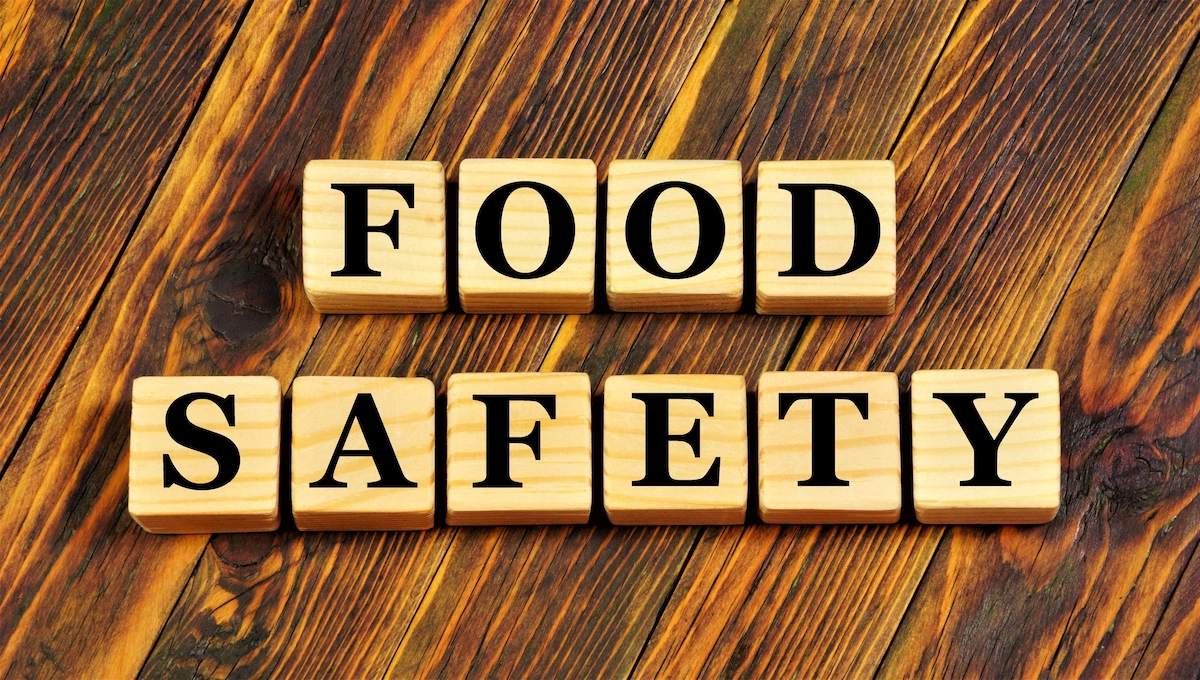About 2,200 food incidents were detected in 2021 in a system used to monitor issues outside Hong Kong.
The Centre for Food Safety (CFS) uses the Food Incident Surveillance System (FISS) to record events and examine the potential domestic impact on the local community. More than 2,000 incidents were identified in 2020.
CFS reviews import records, communicates with overseas authorities about the export record of the affected products to Hong Kong as well as contacting local traders to check sales.
The agency may also issue an alert to notify the public of the incident and provide advice to those who may have the affected items. If implicated products are available on the local market, CFS would direct traders to stop sales, remove them from shelves and issue a recall.
In 2021, CFS issued food incident posts and alerts involving chemical hazards such as metallic contaminants, toxins, undeclared allergens; microbiological hazards like Listeria, Salmonella and E. coli; physical hazards and other issues including incorrect date labeling. More than half of the incidents were related to chemical hazards and 380 concerned food allergens.
Vibrio oyster example
An example was given for how the system works with raw oysters produced in Australia suspected to be contaminated with Vibrio parahaemolyticus.
In mid-November 2021, through the FISS, CFS identified a notice issued by Food Standards Australia New Zealand (FSANZ) that raw Pacific oysters produced in Coffin Bay were under recall due to Vibrio parahaemolyticus contamination.
In early December 2021, there were more than 200 infections under investigation in Australia. For those who had reported oyster consumption and where traceback investigation had been completed, links to oysters produced in Coffin Bay had been established.
CFS issued a food incident post to inform consumers of the incident and found five firms had imported the products into Hong Kong. However, no domestic infections were recorded. The agency enhanced the surveillance of ready-to-eat raw oysters from various origins but tests were negative for Vibrio parahaemolyticus.
Analysis of food sold online
In other work, the CFS has tested food from online delivery platforms. All 80 samples passed the tests.
Microbiological analysis covered different food pathogens. Chemical tests targeted metallic contaminants, colors, preservatives, and veterinary drug residues.
“The CFS has been closely monitoring the safety of food put up for sale online and collects online food samples including those purchased from online takeaway platforms for testing under the routine food surveillance program,” said a CFS spokesman.
“In view of the soaring demand for ordering food via online food delivery platforms by the public amid the pandemic, the CFS has conducted a targeted surveillance project to collect various food types including cold beverages, cold desserts, salad, sushi, sashimi, sandwiches, siu-mei, burgers, dim sum, pizza, soup, rice dishes, congee, noodles and pasta from different online food delivery platforms for microbiological and chemical tests.”
(To sign up for a free subscription to Food Safety News, click here.)

